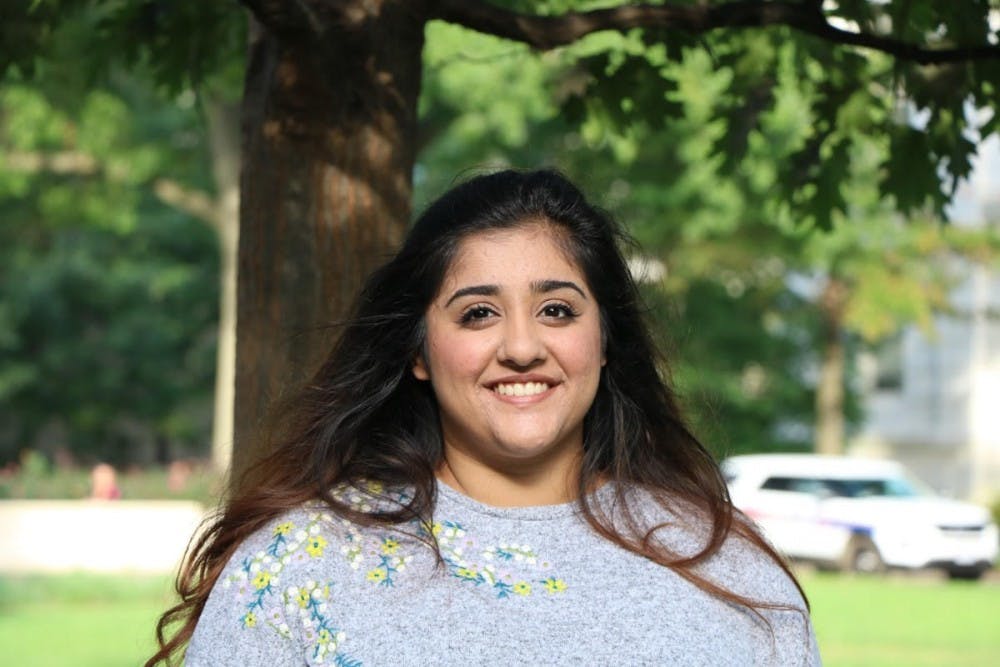American University is a leader in the field of international service. The nationally-ranked program is sought after by many students and offers a plethora of unique opportunities that anyone interested in the subject would be lucky to have access to. Still, as ahead of the curve as AU loves to emphasize that it is, significant work is yet to be done on how our students learn about countries other than their own.
As a CLEG major, my interactions with SIS are limited to getting work done at the Dav and one or two required classes that fit under the discipline of international service. Still, after taking one of those courses, it is clear to me that the way we teach and talk about non-Western nations is condescending and a disservice to the regions in question.
Students of color, like myself, are in a unique position to bring something new to the discussion of other nations. My background specifically gives me a comprehensive understanding of how India works beyond what’s on paper, and allows me to juxtapose that with my upbringing in the United States. It is an incredible resource to have, especially when it comes time to study that region specifically. Still, my experience with that aspect of the course was overwhelmingly negative.
Sitting in a room that’s almost entirely full of white people, I can understand the impulse to not pick words carefully. However, any adverse suggestions, no matter how well-veiled, nuanced or unintentional, are destructive. Any off-hand implication that another country might be primitive and somehow wrong in their politics is incredibly reckless. These implications grow to be established attitudes students have towards other regions in the world, attitudes that are born of mindless and mostly negative nuance.
Our perspective of the rest of the world is ingrained in our upbringing, and even as educated adults, it is hard to separate a deeply developed perspective from objectivity. This results in people familiar with the Western experience treating the governments of other nations as primitive, uneducated and sometimes even wrong. I don’t doubt that this treatment is unconscious, but that is even more of a reason to diversify the body of individuals that teach students about incredibly complicated region-specific issues.
Diversity is a constant goal to strive towards in any institution; however, it is essential in international studies. In order to accurately communicate the nuances involved in the study of other nations, how they interact with each other and how that affects our own, academia needs diversity. Yes, it is a difficult task to create a faculty made up of members of the nations they teach, but it is crucial to the authentic representation of the politics and cultures of these nations. Politics is not just what’s written in the governing documents of countries; it is the everyday application of those documents, something that can only be fully understood by experiencing it.
The notion that other nations are wrong and ours is right is dangerous, no matter how casually it is implied. This attitude sends students out into the world thinking they have the tools to save nations and create a Western, one size fits all solution to a region-specific problem. Irrespective of whether the nation is developing or developed, teaching from the baseline of America’s “correctness” is endlessly harmful and taints the noble endeavor of studying to be an international servant.
Riya Kohli is a sophomore in the School of Public Affairs and a columnist for The Eagle.





